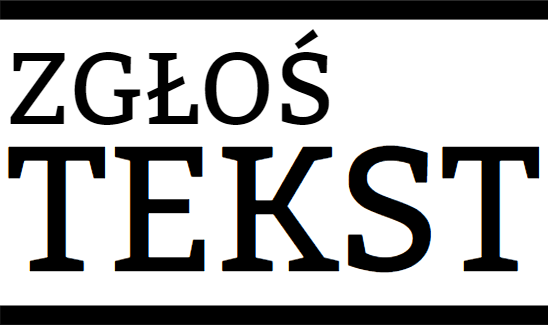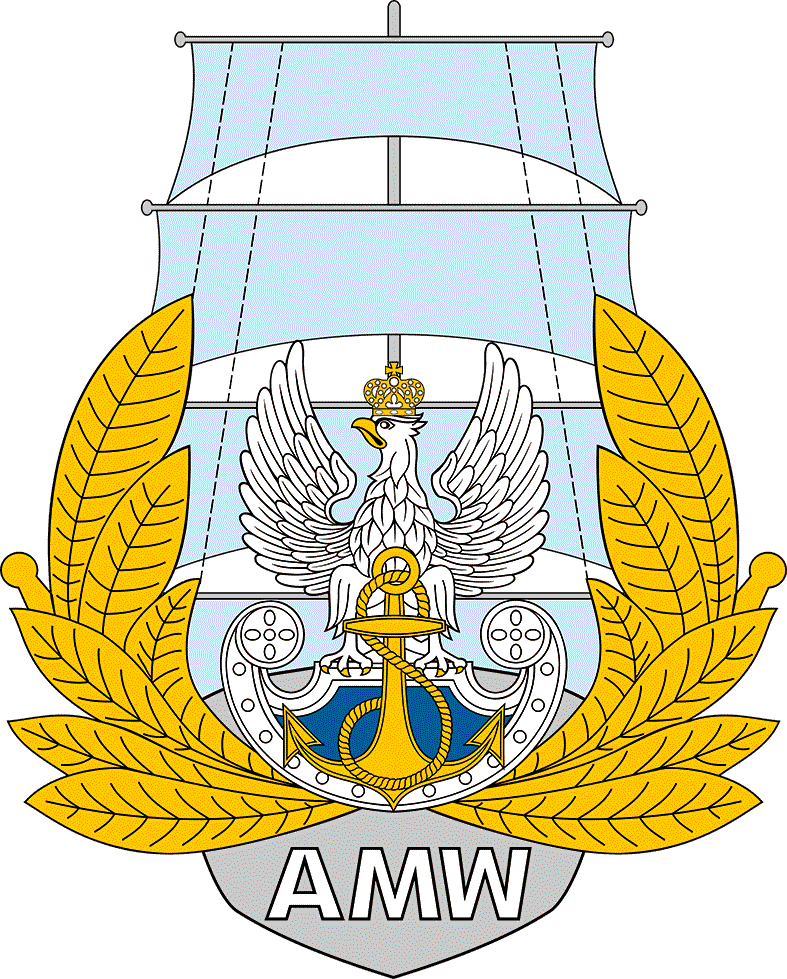THE RISE OF DIGITAL DISTANCE LEARNING AND THE ANESTHETIZATION OF YOUTH.
DIGITIZATION AND THE CAPACITY FOR REJUVENATING A COMMON WORLD
DOI:
https://doi.org/10.34813/28coll2024Słowa kluczowe:
młodzież, edukacja zdalna, pandemia COVID-19, rewolucja, Hannah Arendt, Byung-Chul HanAbstrakt
In this article I deal with an important contemporary issue that should concern all involved in education: the impact of digital technologies on what it means to be young. As I will detail here below, it has become increasingly difficulty for youngsters in our world to act together as a new generation and to counter the ways in which the generations that preceded them have given shape to this world. In the first section I offer a particular interpretation of Hannah Arendt’s (1961) ideas on education, which is also based on the early writings of Walter Benjamin (2011). Here I regard ‘Youth’ as an ontological force that is invariably present and that defines us as humans and as educable beings. Youth is the power to add new beginnings to the world – as evidenced by the many revolutions carried by the young generation during history. In a second part I turn to the recent Pandemic, and more exactly to the unexpected lack of resistance youngsters showed against the harsh restrictions on their lives, at least in some contexts. I explore this phenomenon further in the third section, by analyzing how digitization substantially trans- mogrifies how we relate to ourselves, others and the world. I make the case, then, that the digitization of school life during the Pandemic has very undesirable effects, which might explain for the inertia the young massively displayed. In a fourth and last section I delve deeper into two different cases where the young actually do revolt against the status quo, so as to flesh out what makes protest into a genuinely Youthful protest. My conclusion is that, for good pedagogical reasons, we would be better most cautious in regard with (further) digitizing education.
Bibliografia
Agamben, G. (2017). The fire and the tale (transl. L. Chiesa). Stanford University Press.
Agamben, G. (2021). Where are we now?: The epidemic as politics (transl. V. Dani). Rowman and Littlefield.
Arendt, H. (1961). The crisis in education. In: Between past and future: Eight exercises in political thought (pp. 173–196). The Viking Press.
Barrico, F. (2020). The game (transl. C. Botsford). McSweeney’s.
Bayne, S., Evans, P., Ewins, R., Knox, J., Lamb, J., Macleod, H., O’Shea, C., Ross, J., Sheail, P., Sinclair, C. (2020).The manifesto for teaching online. MIT Press.
Benjamin, W. (2011). The Metaphysics of youth. In: Early Writings 1910–1917 (pp. 144–160). Harvard University Press.
Blumsztajn, A., Koopal, W.S., Rojahn, P., Schildermans, H., Thoilliez, B., Vlieghe, J., Wortmann, K. (2022). Offline memos for online teaching: A collective response to the manifesto for teaching online. Postdigital Science and Education, 4, 259–270. https://doi.org/10.1007/s42438-022-00286-4
Braunstein, J. F. (2022). La Religion Woke. Grasset.
Butler, J. (2004). Precarious life: The powers of mourning and Violence. Verso.
Carbone, M. (2015). The flesh of images. Merleau-Ponty between painting and cinema (transl. M. Nijhuis). SUNY.
Cavarero, A. (2021). Surging democracy. Notes on Hannah Arendt’s political thought. Stanford University Press.
Cooley, H. (2004). It is all about the fit: The hand, the mobile screenic device and tactile vision. Journal of Visual Culture, 3(2), 133–155.
Citton, Y. (2016). The ecology of attention. Wiley.
Deacon, R. (2005). Moral orthopedics: A foucauldian account of schooling as discipline. Telos, 130, 94–102.
Esposito, S., Principi, N. (2020). School closure during the Coronavirus Disease 2019. An effective intervention at the global level? Journal of the American Medical Association Pediatrics, 174(10), 921–922.
Foucault, Michel (1977). Discipline and punish: The birth of the prison. Random House. Friesen, N. (2014). Telepresence and teleabsence: A phenomenology of the (in)visible alien online. Phenomenology & Practice, 8(1), 17–31.
Friesen, N. (2022). COVID-19 and remote learning: The home and the School. Philosophical Inquiry in Education, 29(1), 42–47.
Furedi, F. (2010). Wasted: Why education isn’t educating. Continuum.
Guardini, R., Bollnow, O. F. (1965). Begegnung und Bildung. Werkbund Verlag.
Han, B.C. (2021). The palliative society (transl. D. Steyer). Polity Press.
Han, B.C. (2022). Infocracy (transl. D. Steyer). Polity Press.
Heidegger, M. (1993). The origin of the work of art. In: Basic writings (pp. 139–212, transl. D. F. Krell). Harper.
Hillman, J. (2005). Senex et Puer. Spring Publications.
Illich, I. (1995). Deschooling society. Marion Boyars Publishers.
Pobrania
Opublikowane
Numer
Dział
Licencja
Prawa autorskie (c) 2024 Joris Vlieghe

Utwór dostępny jest na licencji Creative Commons Uznanie autorstwa – Użycie niekomercyjne – Bez utworów zależnych 4.0 Międzynarodowe.






